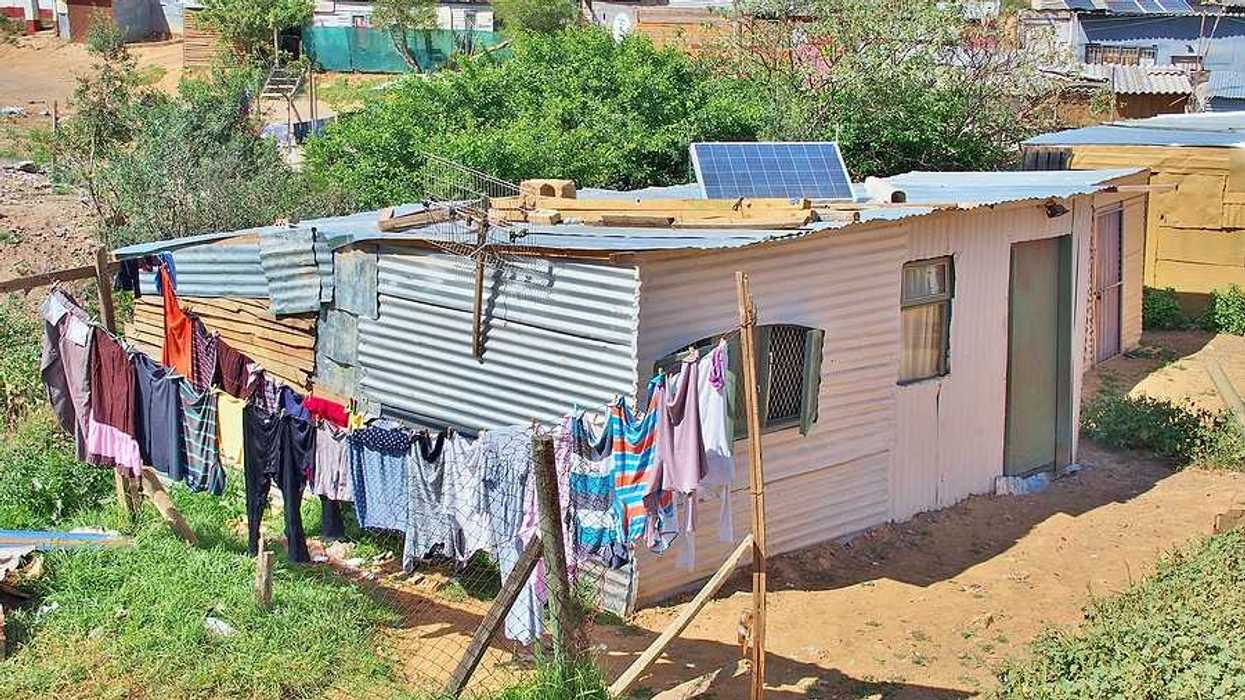The rapid growth of cryptocurrency mining in the U.S., bolstered by President Trump’s pro-crypto policies, is creating pervasive noise pollution and health concerns for residents in Texas and other states.
Niamh Rowe reports for The Guardian.
In short:
- Residents near bitcoin mining facilities, especially in Texas, report constant noise reaching up to 100 decibels, leading to health issues like hearing loss, insomnia, and anxiety.
- The Trump administration has encouraged the expansion of crypto mining, promoting U.S. dominance in the sector and easing regulations that previously sought to monitor energy use and environmental impact.
- Lawsuits and community protests have emerged across several states, challenging mining companies over noise pollution, rising electricity costs, and environmental degradation, while miners invest billions to increase capacity.
Key quote:
“They promised to be good neighbors, but so far their noise is constant. I miss the quiet times.”
— Dave Simpson, Wyoming resident
Why this matters:
Bitcoin mining’s environmental and health implications extend beyond its well-known carbon footprint. The relentless noise from mining operations — caused by massive banks of computers and industrial fans — not only disturbs sleep but can contribute to cardiovascular problems, heightened anxiety, and permanent hearing loss. Many miners, lured by low energy costs and limited zoning restrictions, have set up shop in economically distressed towns, often near aging power plants. This strategy has compounded health burdens on populations already facing limited access to healthcare. This evolving clash between digital finance’s physical infrastructure and community well-being highlights an often-overlooked intersection of technology, environmental health, and social justice.
Read more: Bitcoin mining noise leads to health problems in Texas town














